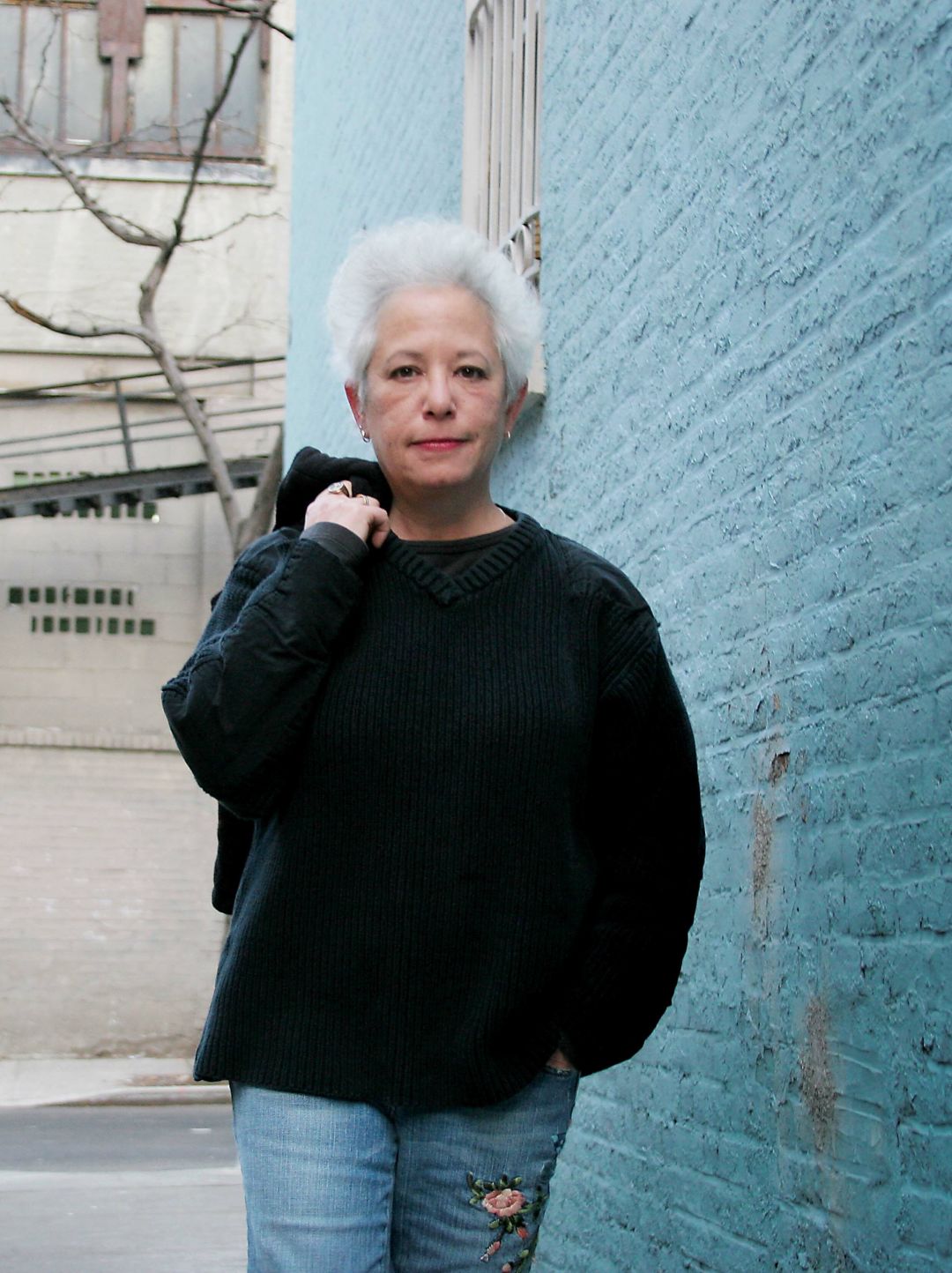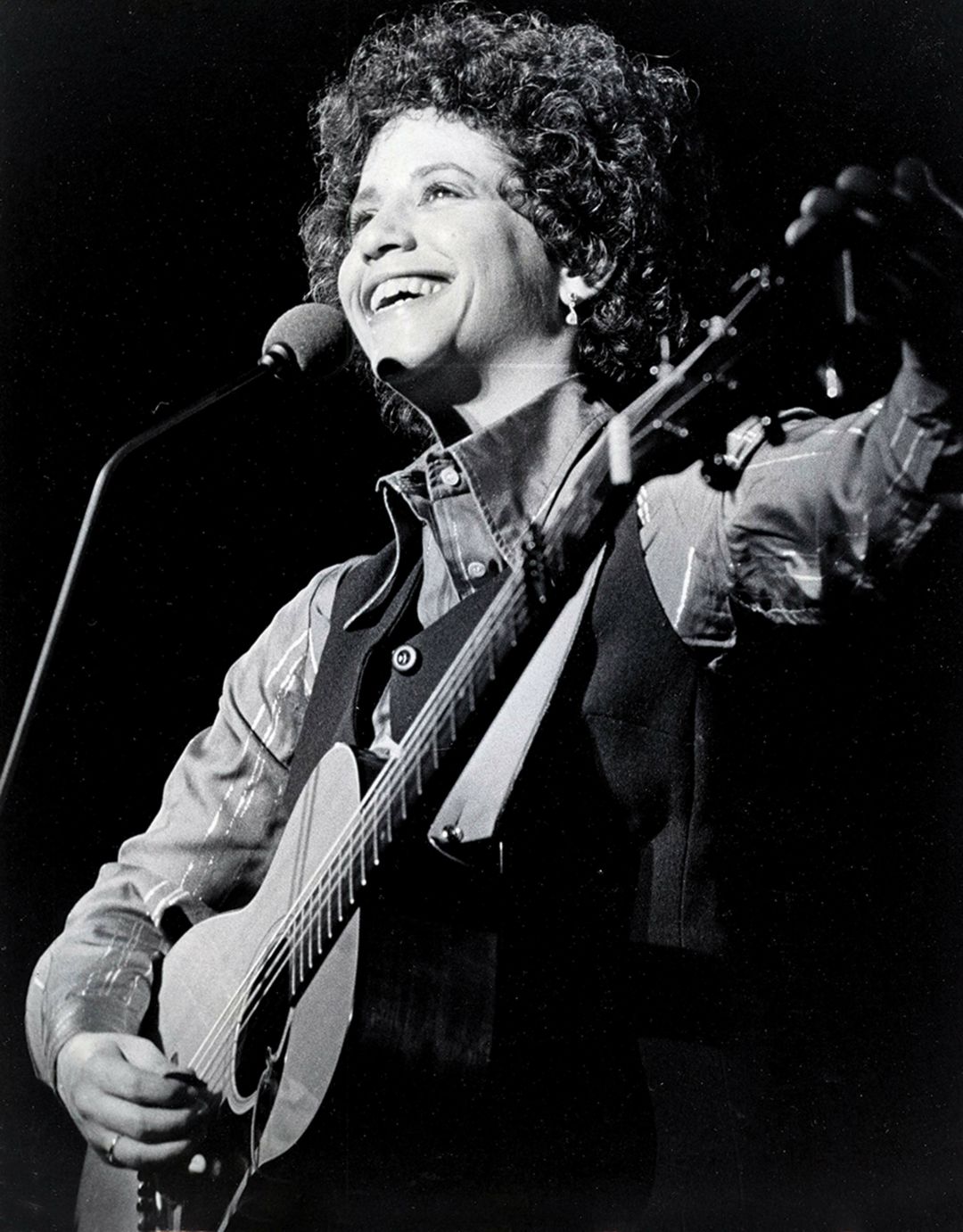Janis Ian Talks Writing, Her Legacy and Why She Moved to Anna Maria Island

Janis Ian
Image: Peter Cunningham
For lovers of music both personal and passionate, the songs of Janis Ian have been a draw ever since her first record, the groundbreaking “Society’s Child (Baby I’ve Been Thinking),” came out in 1966, when Ian was just 14. The two-time Grammy Award winner made the Top 10 again in 1975 with “At Seventeen,” and has created an amazing 700-song catalog.
These days, the nearly 71-year-old lives on Anna Maria Island, and says her new LP, The Light at the End of the Line, will be her final album. And if Covid-19 hasn’t interfered, she started her final tour last month in Santa Fe, New Mexico, at a venue owned by the best man at her wedding, the science fiction and fantasy writer George R.R. Martin. The Florida leg of the tour begins March 31, with the nearest venue Ruth Eckerd Hall in Clearwater.

Ian onstage in 1975
Image: Peter Cunningham
The obvious question: Why stop now?
“I’ve been doing this professionally since I was 14, which gives me about a 10-year jump on most people. What I want to do is really find time for writing. When I’m not writing, I’m not happy. As my teacher [actress-coach] Stella Adler told me, ‘At the end of the day, you have you and your work.’ I walked away before, when I was 17, and again when I was 32, and I was able to come back. But I don’t think you can get away with three or four comebacks.
“Plus, my wife [criminal defense lawyer Patricia Snyder, whom Ian met in 1989; they married in 2003] is filling 50 or 60 merchandise orders for me a day. It’s really not what she planned for her retirement.”
How did the two of you end up on Anna Maria?
“We had a list of 13 places we wanted to look at, places to rewire, slow down. We rented a place on Anna Maria and one morning found a huge shark’s tooth in the driveway. We saw that as a sign.
“We had lived in Nashville 33 years, but Nashville decided to grow with no plans for infrastructure. Young songwriters can’t afford to live there now. A lot of the artists had to leave. Of course, we moved here and then Covid hit, so we haven’t been able to meet many people. I did contact Westcoast Black Theatre Troupe about doing master classes with them, because so much of my interest lies in education. I grew up in a family of teachers. So I hope to do that when Covid is over.”
What do you like about living on the island?
“I’m knocked out by the efforts of some people on Anna Maria to keep it natural. When I found out about the turtle nest watch, I joined that right away. And I love the Bishop Museum [of Science and Nature]. It’s close enough to Sarasota to take advantage of things there, but it’s not in a city. We are kind of done with cities.”
When you say you want to focus on writing, what exactly does that mean?
"My first love in books is Young Adult. That’s the book I’m trying to finish. I also grew up reading science fiction: [Isaac] Asimov, [Ray] Bradbury, [Arthur C.] Clarke—the ABCs. [Writer] Anne McCaffrey encouraged me to go to what was then called ‘The Con’ [a science fiction convention] and once they realized I wasn’t slumming and really had read all the books, they welcomed me. I became good friends with Harlan Ellison. He was one of the few people who could really understand what it’s like to be an ‘enfant terrible,’ a child star. When Harlan died, that made me realize that, since I was in my 60s, it was time to move, to get it done. That’s when we set up a plan.
“I’ve also written nine short stories that have been published. But I’m only 100 hours into that, where I’ve been doing songwriting my entire life.
“When it comes to music, my luck was to be born with a lot of talent, but the question then is, ‘Can I live up to that?’ I mean, Leonard Bernstein looked at me and said, ‘You have the capability.’ Leonard Cohen saying, ‘I’m a fan’—that’s a lot of pressure, but in a good way.”
It’s a standard question, but how do you think of your legacy?
“My response is usually, ‘I don’t care because I’ll be dead!’ It’s very dangerous for an artist to start thinking about their legacy.
“But I will say that I’m still always surprised and moved when someone tells me what my music has meant in their lives. I recently heard from a trans kid in the Netherlands who thought ‘At Seventeen’ was his story. One war veteran told me she was in solitary listening to every song I ever wrote, and it kept her going. Mainly, I think a legacy is leaving no harm.”



